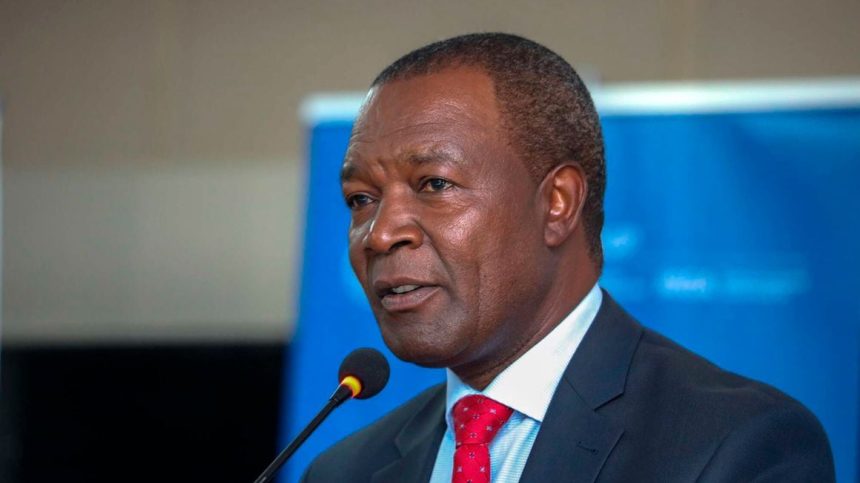Treasury data indicate that the government’s financial position was better in March than in February despite the larger debt payments, contradicting public statements by officials portraying the government as broke.
President William Ruto, his Deputy Rigathi Gachagua and a host of top administration officials recently blamed delays in paying civil servants’ salaries in March on an acute cash crunch and loan repayments that they said required the government to pay creditors about Sh150 billion — about double the amount that’s usually paid.
Treasury data published in the latest Kenya Gazette notice show Kenya’s debt repayment bill grew to Sh121.3 billion in March from Sh66.7 billion in February, reflecting an extra Sh54.6 billion.
But revenues for March grew from Sh84.2 billion to Sh260.9 billion, which was more than adequate to cover for the additional debt repayment expenses.
Top Treasury officials, while admitting the cash crunch, have sought to play down claims by the Presidency and politicians that Kenya was broke.
The officials reckon that Kenya is able to meet its core obligations, including debt repayment and civil service salaries on time.
Some leaders went on to declare the government was “broke”, laying the blame on the previous administration of Uhuru Kenyatta for excessive borrowing whose repayments were quickly falling due.

An analysis of monthly expenditure from the government’s main account, the exchequer, has revealed it was not the first time it was facing debt obligations of such magnitude relative to revenues.
The data, gazetted by Treasury Cabinet Secretary Njuguna Ndung’u, show elevated debt obligations in March, largely driven by interest payments to domestic creditors, were lower than in January.
The Treasury data show the Sh121.32 billion debt costs for March were slightly lower than the Sh123.53 billion paid in January when biannual loan repayment obligations to China fell due.
The obligations in March were equivalent to 77.19 percent of Sh157.17 billion taxes in March, which is a lower share compared with January (81.20 percent) and November (78.40 percent).
The Ruto administration, which rode to power on a pledge to lift the economic welfare of those at the bottom of the pyramid, has tended to blame the previous administration for economic hardships, including the elevated cost of living.
In explaining the March salary delays and protracted failure to disburse funds to the counties on time, Mr Gachagua, for instance, said the current administration was rebuilding the economy “from scratch” after inheriting “empty” coffers from the previous one “which borrowed money left, right and centre”.



